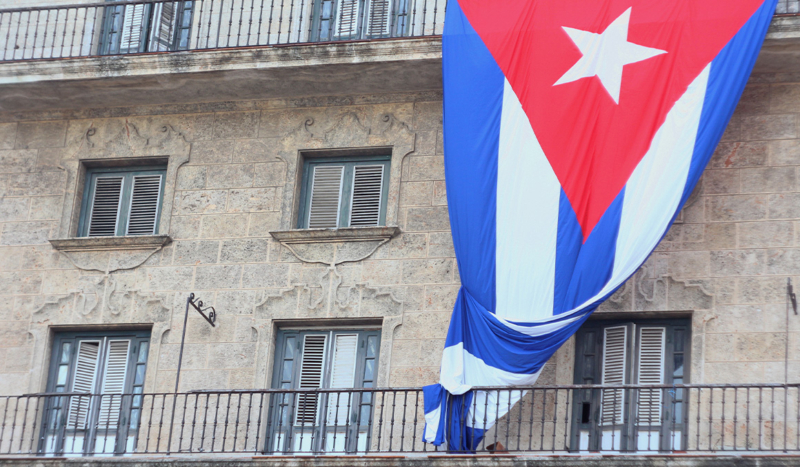
Adobe Stock
Cuban officials acknowledged this week that the country’s economic deterioration has reached an alarming point, with no clear path to recovery, Havana Times reported.
Speaking before the National Assembly’s Economic Commission July 14, Economy Minister Joaquin Alonso told lawmakers that the country’s economy has been shrinking for five years, with major losses in key industries and an overall drop of 11% in economic output.
President Miguel Díaz-Canel admitted that the state’s current income cannot cover essential raw materials, nor can it stabilize the local currency market or supply state-run stores.
“We try to solve problems by reallocating scarce resources, but that’s no longer enough,” he said, according to Havana Times.
The figures paint a bleak picture. Cuba’s economy shrank by over 1% in 2024, far below initial projections. Since 2019, core sectors like agriculture, mining, and manufacturing have experienced some of the steepest declines — up to 53% in primary production alone. Official statements noted that these numbers may understate the full scope of the crisis.
The report comes amid rising prices, fuel shortages, stalled imports, and a widening trade imbalance, according to Havana Times. Although certain exports such as tobacco and seafood showed signs of resilience, most products underperformed.
Exports reached just 62% of their target for the first half of 2025, while tourism, once a vital income stream, also lagged. Foreign arrivals fell short of projections, and domestic tourism dipped over 5%.
The government also reported mounting external debt, faltering investment, and declining efficiency in state-run enterprises. Alonso cited inflation, unpaid debts, and fiscal instability as ongoing concerns.
“The Cuban regime has been unable to stop the economic freefall and now admits, in increasingly blunt terms, that the current model has reached its limit,” Havana Times reported. “But instead of undertaking deep reform, it clings to partial measures, blames external factors, and remains committed to a failed control-based approach.”
Despite some limited attempts at adaptation, Cuba’s leadership sent a clear signal, according to Havana Times: the country’s current economic model can no longer hold.
“The pessimism in Parliament merely reflects the widespread sentiment on the streets,” the outlet reported. “[T]he Cuban economy is, quite literally, in free fall.”

